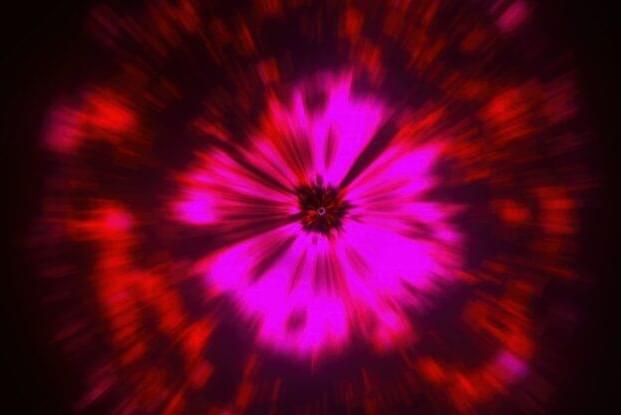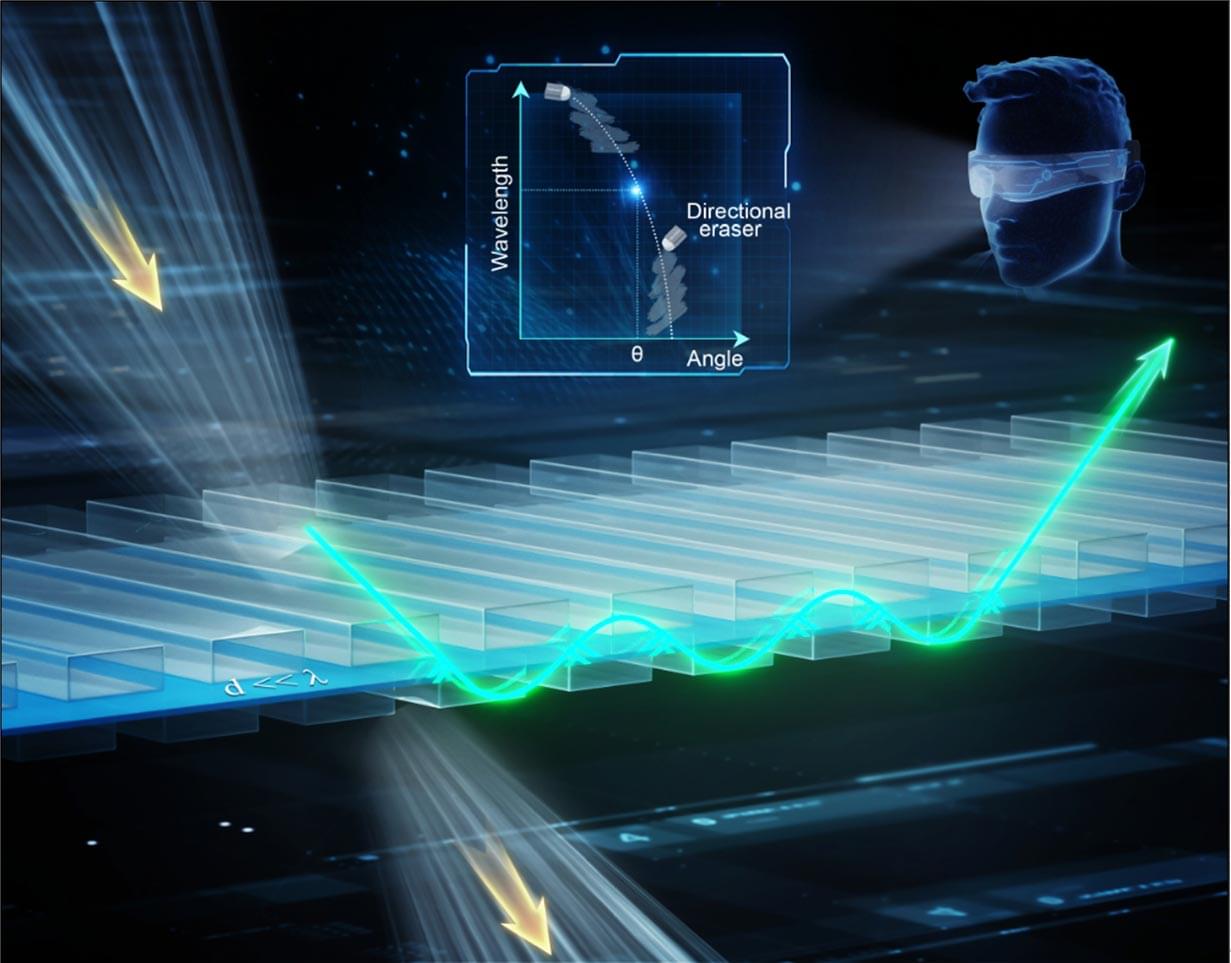In addition to their high masses, the black holes are also rapidly spinning.
“This is the most massive black hole binary we’ve observed through gravitational waves, and it presents a real challenge to our understanding of black hole formation,” says Mark Hannam of Cardiff University and a member of the LVK Collaboration. “Black holes this massive are forbidden through standard stellar evolution models. One possibility is that the two black holes in this binary formed through earlier mergers of smaller black holes.”








